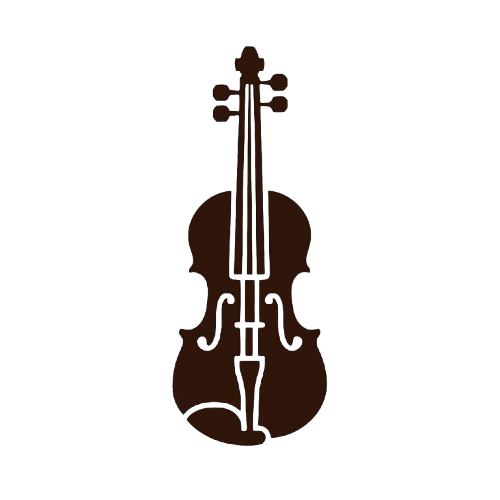The moment arrives. You walk onto the stage, the warmth of the lights on your face, the expectant hush of the audience a palpable presence. You raise your violin, take a breath, and then it hits you – the racing heart, the sweaty palms, the sudden, unnerving tremor in your bow arm. Performance anxiety, the bane of many a musician, has taken center stage. But what if you could learn to quiet that inner critic and let your hard-earned skill shine through?
Here’s what I’ve learned about overcoming performance anxiety.
For violinists, the physical manifestation of nerves can be particularly cruel. A shaking bow hand, a stiffened vibrato, or a lapse in memory can feel catastrophic. This isn’t just a matter of “mind over matter”; it’s a physiological response. The “fight or flight” mechanism, a primal instinct designed to protect us from perceived threats, floods our bodies with adrenaline. While a little of this hormone can add a vibrant edge to a performance, too much can lead to the very symptoms that sabotage our playing.
The good news is that performance anxiety is not a life sentence. With the right strategies and a shift in perspective, you can learn to manage these feelings and even channel that nervous energy into a more powerful and expressive performance.
The Foundation: Impeccable Preparation
It may sound obvious, but the most potent antidote to performance anxiety is deep, unshakable preparation. This goes beyond simply knowing the notes. It’s about internalizing the music to the point where it becomes an extension of yourself.
- Practice Performing: Don’t let the actual performance be the first time you play the piece from start to finish without stopping. Regularly simulate the performance environment in your practice sessions. Invite friends or family to be your test audience. The more you familiarize yourself with the feeling of being “on the spot,” the less intimidating the real thing will be.
- Know Your Triggers: Pay attention to what specifically makes you anxious. Is it a particular passage? The fear of a memory slip? Once you identify your triggers, you can target them in your practice. Break down difficult sections and practice them until they feel effortless.
- Address the Shaky Bow: A common plight for nervous violinists is the trembling bow. Counterintuitively, the solution is often not to lighten up but to apply more deliberate weight and use more of the bow. This can help to stabilize the stroke and prevent that dreaded bouncing.
The Mind Game: Taming the Inner Critic
Much of overcoming performance anxiety is a mental game. The fear of judgment, of making a mistake, can be paralyzing. Here’s how to retrain your brain for confidence:
- Visualize Success: Before you even touch your violin, spend time visualizing a successful performance. Imagine yourself walking on stage, feeling calm and confident. Picture your fingers moving with ease and the beautiful sound filling the hall. This mental rehearsal can create a powerful blueprint for success.
- Embrace Imperfection: Even the most celebrated virtuosos make mistakes. Striving for an unattainable standard of perfection only adds to the pressure. Give yourself permission to be human. If a note goes astray, take a breath and refocus on the next phrase. The audience is far more forgiving than your inner critic.
- Shift Your Focus: Instead of dwelling on what could go wrong, shift your focus to the music itself. What story are you trying to tell? What emotions do you want to convey? Connecting with the expressive heart of the piece can help you transcend your anxieties.
In the Moment: Practical Tools for Calm
When the adrenaline surges just before you play, having a few practical tools at your disposal can make all the difference.
Knowing the symptoms is also great. Knowing why your body is reacting the way it is, is the key to knowing how to overcome these symptoms.
- Breathe: It’s the simplest yet most effective tool for calming your nervous system. Before you begin, take a few slow, deep breaths. Inhale for a count of four, hold for four, and exhale for a count of six. This can help to lower your heart rate and bring a sense of calm.
- Connect with Your Body: Feel the solid ground beneath your feet. Notice the weight of the violin on your shoulder. These grounding sensations can pull you out of your anxious thoughts and into the present moment.
- Channel the Energy: Reframe that nervous energy as excitement. Tell yourself, “I’m not nervous, I’m excited to share this music.” This subtle shift in language can have a profound impact on your emotional state.
Having a teacher (here’s how to pick one!) walk you through this can also help.
Ultimately, overcoming performance anxiety is a journey, not a destination. There will be performances where you feel more nervous than others. The key is to build a toolbox of strategies that work for you and to cultivate a mindset of self-compassion and resilience. Remember the years of practice, the passion that drew you to the violin in the first place, and trust in your ability to make beautiful music. The stage is not a place of judgment, but a platform for sharing your gift. Walk out there, take a breath, and let your music soar.

Leave a Reply